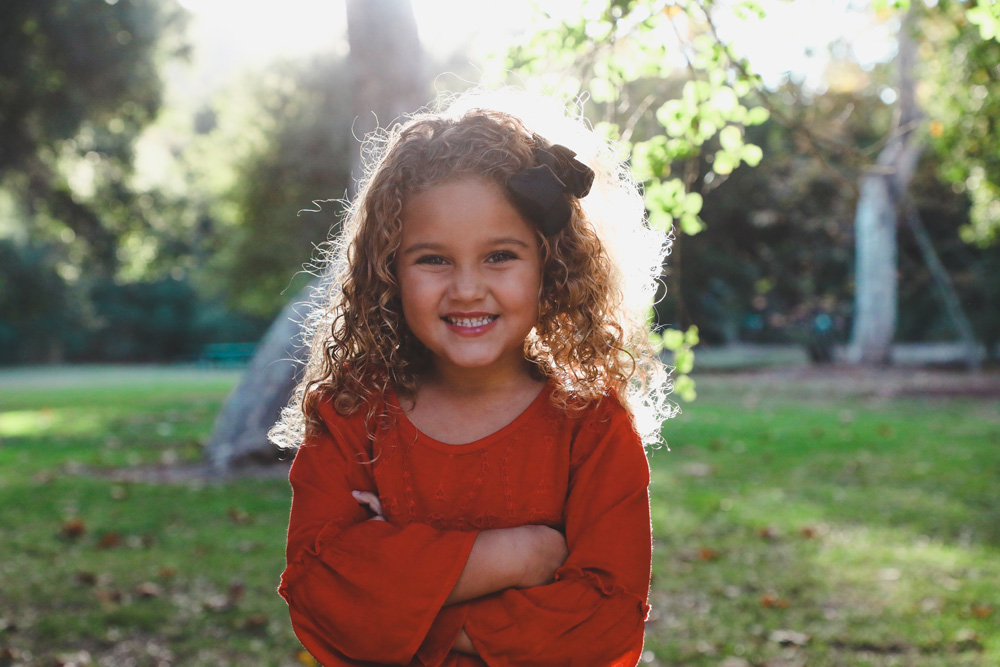
When children start school for the first time, they are suddenly immersed into a large group of children with varying levels of skills in the basics that help students do well in the classroom. These skills are not limited to speech, early literacy and numeracy, but include physical (fine and gross motor) skills, social skills, emotional resiliency, and early concepts of how the world works.
Managing expectations to improve resiliency
The unfamiliar environment and routine can be overwhelming for some children and the more they know of what to expect, the more confident they will be and the more easily they can settle into the new routine. This has a lot to do with communication about what school will be like, but also exposure to environments, expectations and processes that become part of every day school life.
Play matters… but so does structure
In the past we have written about the need for children to have time to play. This is the primary way that babies and young children learn before they go to school; however, the variety of play opportunities will vary from one family to another based on time, resources, knowledge and relationships. Ideally, the young child preparing for entry to school has a range of play opportunities to help them develop all sorts of physical, social and language skills as well as cognitive abilities and constructs. For those without a teacher in the family, this is usually left to chance!
Engaging in some semi-formal educational experiences can be as beneficial as play. From very early on, children will be expected to sit still, raise their hand to speak, share with others, and ask for what they need, such as help with a task, or permission to go to the toilet. In addition, children who already have regular discussions about and exposure to sounds, letters and numbers can engage more quickly with literacy and numeracy tasks when they start school.
Practice learning with others
We have also previously written about the need for children to have access to small group learning. Experience in a small group of peers in a controlled environment lead by a knowledgeable teacher can help children quickly and safely develop some core skills that will promote their happiness, well-being and success at school. For example, students can learn to take turns, to communicate their feelings, to listen and respond, and to use the manners and behaviours expected of them very early in their school life. They can gain experience in engaging with others, playing fair, and making friends – all essential to thriving in the social environment of the classroom.
More support coming soon
We often are asked about programmes to engage young children and now we have the perfect option to offer. We are thrilled to be working with Begin Bright to be able to offer School Readiness programmes to our younger students. These new programmes will offer excellence in early education to younger children – giving them a true love of learning from an early age. The FREE trial sessions this term will be on offer in December 2018.